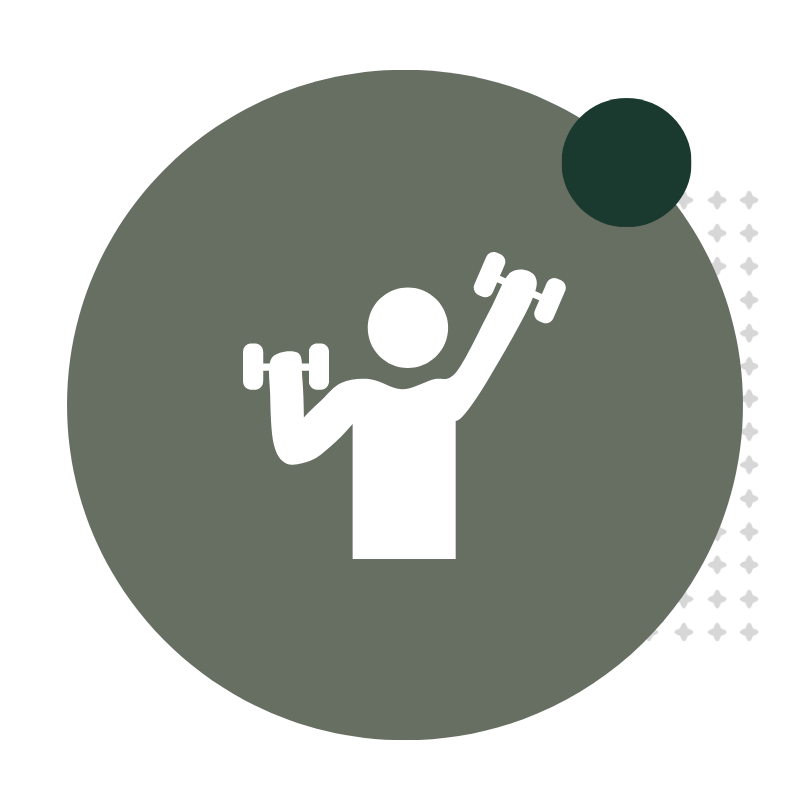Safe Exercises for Pelvic Floor

A strong pelvic floor is crucial for men as it plays a significant role in various aspects of health and well-being. The pelvic floor muscles support essential organs like the bladder, rectum, and prostate, helping to maintain proper urinary and bowel control, through all stage of life.

Engaging in pelvic floor exercises can also contribute to better overall core stability and posture, reducing the risk of lower back pain and promoting a healthier, more active lifestyle.
Therefore, maintaining a strong pelvic floor is not only essential for addressing specific health concerns but also for enhancing the overall quality of life for men.
Safety and understanding of correct pelvic floor exercises is key. Our physios will assist by:
- Assessment: Our physiotherapists will first assess your pelvic floor muscles to determine their strength, flexibility, and coordination. This evaluation may involve asking questions about your symptoms, medical history, and performing physical examinations.
- Education: We will educate you about the anatomy and function of the pelvic floor muscles, as well as their importance in maintaining pelvic health. Understanding how to properly engage and relax these muscles is essential for safe and effective exercises.
- Individualised exercise program: Based on the assessment findings, our physiotherapists will design a personalised exercise program tailored to your specific needs. This program may include a combination of strengthening, stretching, and coordination exercises to address any weaknesses or dysfunctions in the pelvic floor muscles.
- Technique guidance: Proper technique is crucial when performing pelvic floor exercises. Our physiotherapists will teach you how to correctly contract and relax your pelvic floor muscles, ensuring you engage the right muscles without straining other areas.
- Progression and monitoring: As you progress, our physiotherapists will monitor your exercise routine and adjust it accordingly. They will ensure you're challenging yourself appropriately without overexertion or causing any harm.
- Lifestyle advice: Our physiotherapists can provide guidance on lifestyle factors that may impact pelvic floor health, such as diet, fluid intake, posture, and lifting techniques.
- Treatment of specific conditions: Physiotherapists are trained to address various pelvic floor-related conditions, including urinary incontinence, pelvic organ prolapse, pelvic pain, and sexual dysfunction. We can employ specialised techniques and modalities to manage and alleviate these issues.

